6 Signs You Are Playing Small And What To Do About It
Playing small usually means that you are dismissing what you really want out of life in order to live a more comfortable lifestyle with little risk. People who play small want a sense of security and control. If you are unsure if you are playing small, continue reading to find out 6 signs and what to do about it!
If you want to talk to someone more about playing small, feel free to reach out to schedule a consultation for individual therapy.
You wait for things to change on their own
You wait for things to change rather than being an active participant in your own life. Tip: Ask yourself what are your goals and what is getting in the way of you attaining them? That’s where you need to focus!
You omit things because you don’t want to be judged
You are afraid of the unknown. You are scared to share something with other people because you are afraid they will criticize you or use this against you. Tip: Focus on what really matters to you and your WHY. Remember that most people aren’t actually paying as much attention to what you are doing and if they are, they aren’t people you want to be around as you grow. Surround yourself with people who are supportive and inspiring.
You hold onto criticism in an unhelpful way
A bunch of people can give you positive feedback, but that one person who gives you negative feedback totally overwhelms you. How do you stop taking criticism so personally? Tip: Embrace the opportunity to improve yourself and develop insight around this. How can you use this knowledge to help you be better in the future?
You hide your opinions
You think it is better to sit quietly than be ridiculed or criticized. Why do you need to share with others ? Tip: You will need to develop credibility and if you want people to respect you and understand you. People can’t get to know you and connect with you if you don’t share anything.
You don’t prioritize your goals
You’re busy constantly running errands and doing things for other people. You may not be doing things that help you achieve your goals and may be consistently distracted. How do you prioritize your goals? Tip: Plan and set SMART goals to help you get there!
You don’t trust yourself enough
You may find yourself doubting yourself over and over again. You may not think you are capable enough to try new challenges. How do you trust yourself more? Tip: Be compassionate and know that you are not alone. You may need to work on your self-esteem and negative thought patterns that are getting in the way of your success! Cognitive Behavioral Therapy can be extremely helpful with this.
For more information, or to schedule a consultation, you can contact me here.

